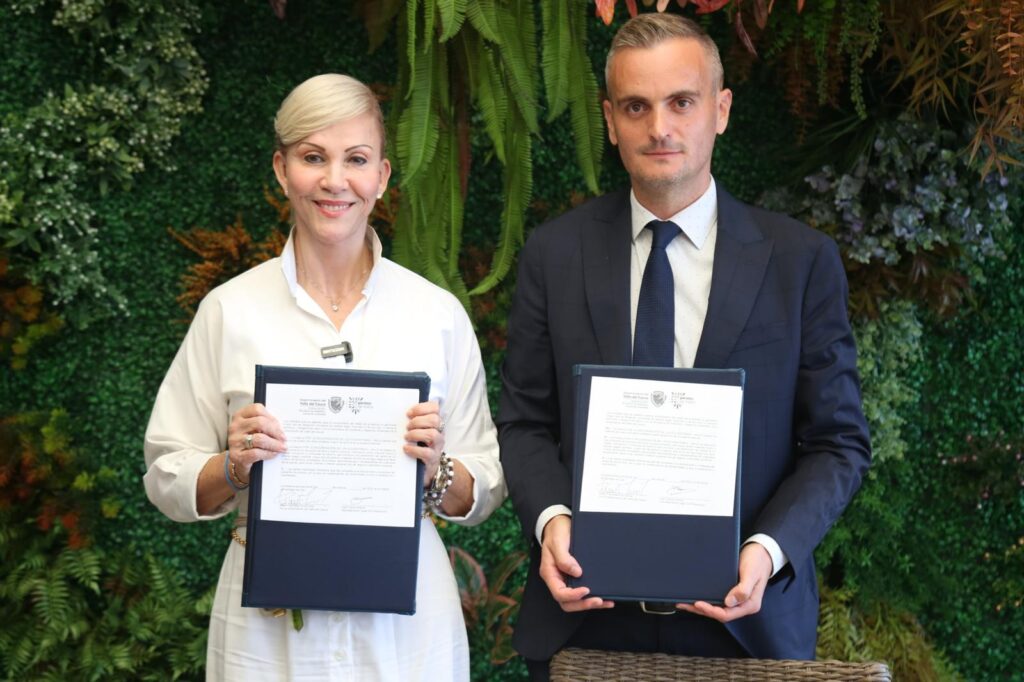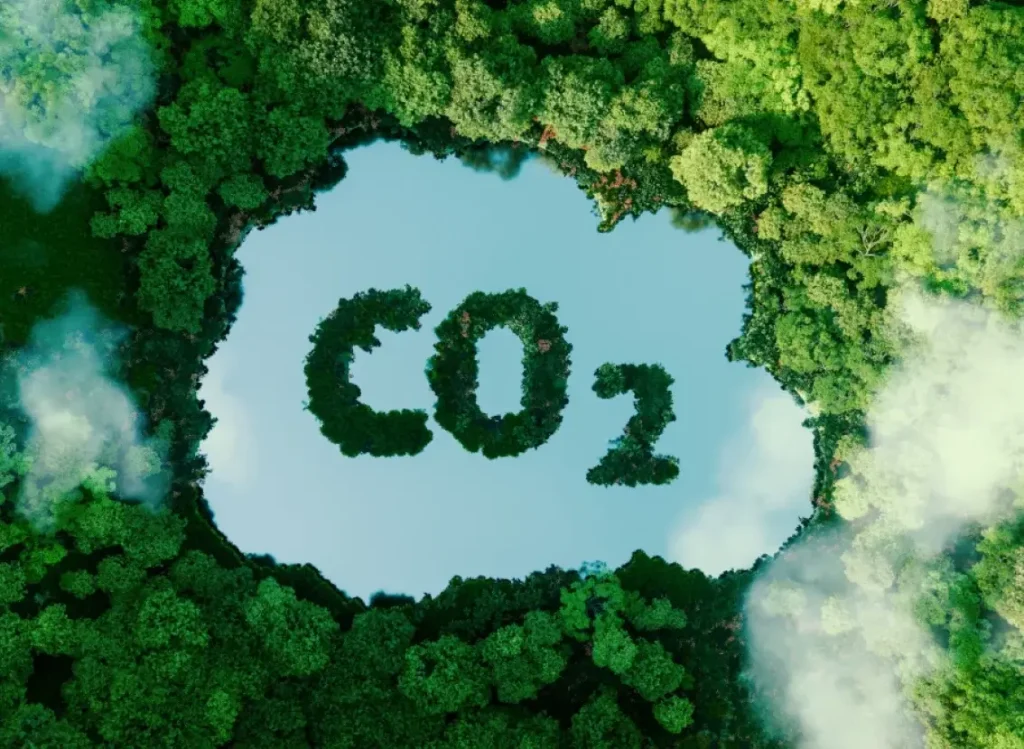How to Improve Sustainability in a Hotel
Seek Efficiency
The first step is for management to conduct an audit of the hotel’s energy and water consumption to achieve reductions.
From an energy perspective, an easy and quick solution to implement is the use of energy-efficient bulbs like LED lighting. The use of this type of lighting can result in savings of up to 80%.
Installing an efficient air conditioning system also represents significant cost savings. Likewise, using energy-saving devices such as smart thermostats, motion sensors, and appliances with energy efficiency ratings. Additionally, harnessing renewable energies through, for example, solar panels helps reduce the carbon footprint and lower the electricity bill. The savings associated with these technologies can reach up to 70%, with returns on investment seen within a 5-year period.
On the other hand, to optimize water consumption, it is advisable to install purification systems that allow for its reuse in irrigation systems, surface cleaning, and/or toilet flushing. Another way to optimize this resource is by using water flow reducers, potentially saving up to 50%.
Kilometer 0
Eco-friendly initiatives are often closely linked to their impact on the local environment. Giving priority to local suppliers, in addition to promoting employment and the regional economy, helps develop sustainable commerce. Purchasing products and services locally helps reduce the ecological footprint generated by the manufacturing, packaging, and transportation of raw materials over long distances. To promote this commerce, you can offer a buffet or menu of organic, seasonal, and locally sourced products from the region where your hotel is located. This way, you encourage local gastronomy and the richness of the area. As explained in the next point, it is essential to communicate the origin of these products so that customers are aware, appreciate them, and contribute to this alliance.
Agreements with local businesses are another alternative that brings environmental, social, and economic benefits. An example of this is offering your guests discounts at nearby restaurants or recommendations for places to shop or visit.
Communication
In order to raise awareness and enhance your value proposition among stakeholders, communication plays a fundamental role. Employees, customers, and the market in general should be informed of the measures your hotel is implementing, as it will be a differentiating factor in decision-making.
On the one hand, the hotel must promote internal campaigns for employee involvement and adoption of established policies.
On the other hand, it is important that the customer can easily discern whether your hotel is environmentally friendly. For this purpose, the European Union offers tourist accommodations an eco-label. This is a distinction that takes into account 37 criteria aimed at promoting sustainable behaviors through the efficient use of available resources.
Benefits of a Sustainable Tourism Model
- Economic growth: Many of the measures involve digital transformation that promotes competitiveness and profitability for your business.
- Preservation of natural and cultural values through the conservation of cultural and natural heritage.
- Social benefits, such as job creation, resulting from boosting activity in the local environment.
A sustainable hotel is one that incorporates a balance between the environment, economy, and society into its management. This differentiator will soon become an essential requirement for consumers. We invite you to join as soon as possible and consolidate Spain as a world leader in the sector.


